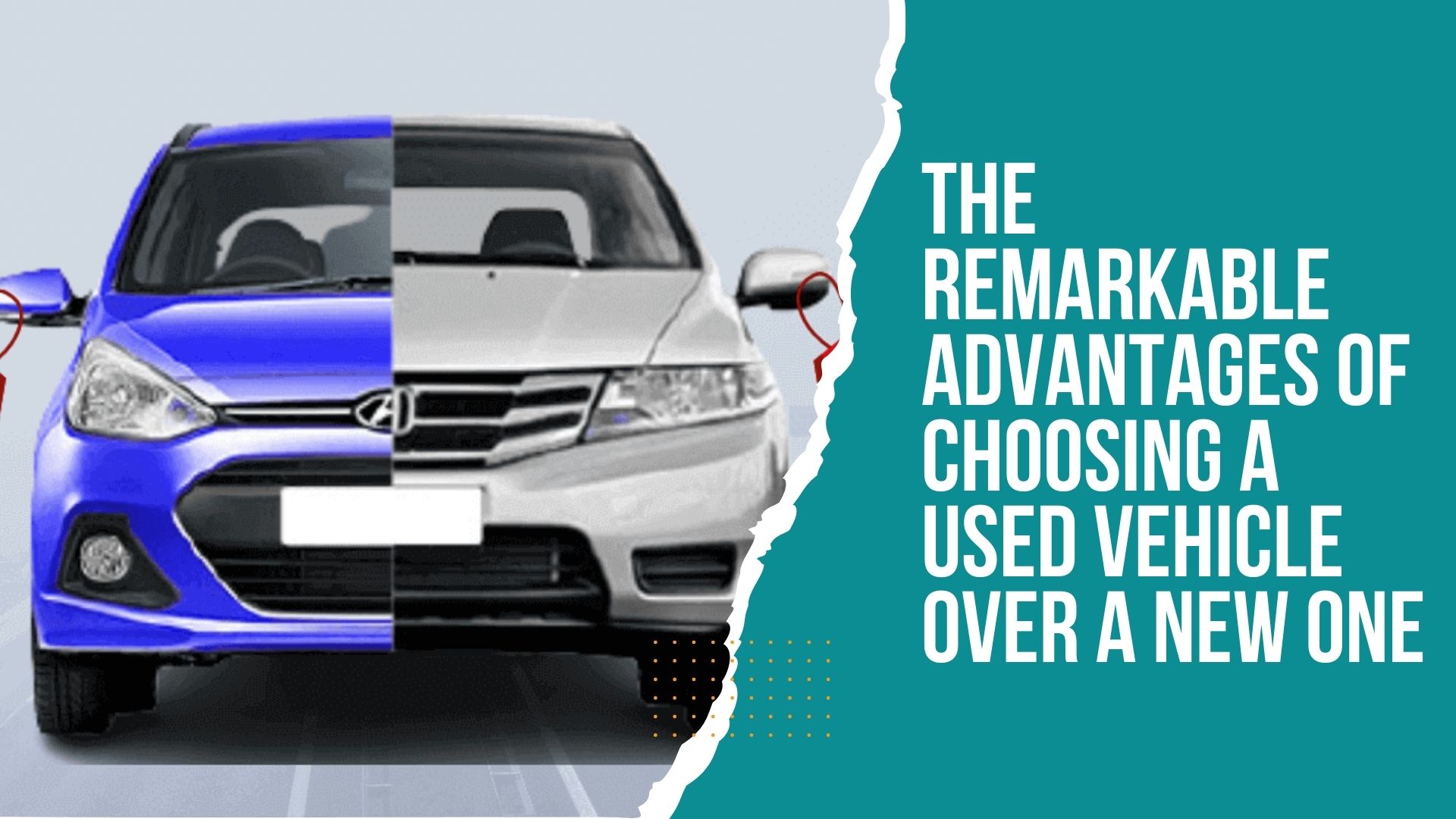-
1Personal Info
-
2Address Info
-
3Income Info
-
4Vehicle Info
-
5Review
The Remarkable Advantages of Choosing a Used Vehicle Over a New One

In the ever-evolving world of automotive preferences, the decision to purchase a vehicle often boils down to choosing between a brand-new model or a used one. While the allure of a shiny, fresh-from-the-factory car is undeniable, opting for a used vehicle presents a myriad of compelling benefits that go beyond just the price tag. In this article, we will explore some outstanding advantages of choosing a used vehicle and why it might be a wise decision for budget-conscious and savvy car buyers.
- Cost Savings:
One of the primary and most apparent benefits of choosing a used vehicle is the significant cost savings. New cars depreciate rapidly in their first few years, and by opting for a used model, buyers can avoid the initial depreciation hit. This means that a used car can often be purchased at a fraction of the cost of a new one, allowing consumers to get more value for their money.
- Lower Insurance Costs:
Insurance premiums for new cars are typically higher than those for used cars. The value of the car is a key factor in determining insurance costs, and since used cars have a lower market value than their brand-new counterparts, insurance premiums are generally more affordable. This can result in substantial long-term savings for the car owner.
- Reduced Depreciation Concerns:
New cars experience the steepest depreciation during their first few years on the road. By choosing a used vehicle, buyers sidestep this initial depreciation, as the previous owner has already absorbed the brunt of the loss in value. This means that the rate of depreciation is slower for used cars, resulting in a more stable and predictable asset over time.
- Proven Reliability:
Modern vehicles are built with durability and longevity in mind. Many used cars come with a detailed maintenance history, allowing buyers to assess the vehicle’s performance and reliability over time. This information can be invaluable in making an informed decision, providing peace of mind that the used car has been well-maintained and is likely to continue running smoothly.
- More Features for Your Budget:
When opting for a used vehicle, buyers often have the opportunity to access a higher trim level or a model with more features than they might have been able to afford if purchasing new. This allows consumers to enjoy advanced technology, safety features, and creature comforts that might have been out of reach in the new car market.
- Lower Registration Fees:
In many regions, the cost of registering a vehicle is tied to its market value. Since used cars generally have a lower market value than new ones, the registration fees are often more affordable. This provides an additional cost advantage for those who choose to go the used car route.
- Variety of Options:
The used car market is diverse and expansive, offering buyers a wide range of options in terms of makes, models, colors, and features. This variety allows consumers to find a vehicle that suits their specific needs and preferences without compromising on budget. Whether it’s a fuel-efficient compact car or a spacious SUV, the used car market has something for everyone.
- Faster Depreciation Period:
While new cars experience their most significant depreciation in the first few years, used cars have already gone through this phase. As a result, the rate of depreciation tends to slow down, providing a more stable value for the used vehicle. This can be advantageous for resale value, as the depreciation hit has already been absorbed by the previous owner.
- Eco-Friendly Choice:
Opting for a used vehicle can be a more environmentally conscious decision. Manufacturing new cars requires significant energy and raw materials, contributing to the carbon footprint of the automotive industry. By choosing a used car, buyers are indirectly supporting a more sustainable approach to transportation, as they are not contributing to the demand for new car production.
Conclusion:
Choosing a used vehicle over a new one offers a host of benefits that extend far beyond the initial cost savings. From lower insurance premiums and registration fees to proven reliability and a wider range of options, the advantages of opting for a used car are compelling. As the automotive industry continues to evolve, consumers are recognizing the value and practicality of purchasing a quality used vehicle. Ultimately, the decision between new and used depends on individual preferences and priorities, but the many advantages of buying used make it a choice worth considering for those looking to make the most of their automotive investment.

